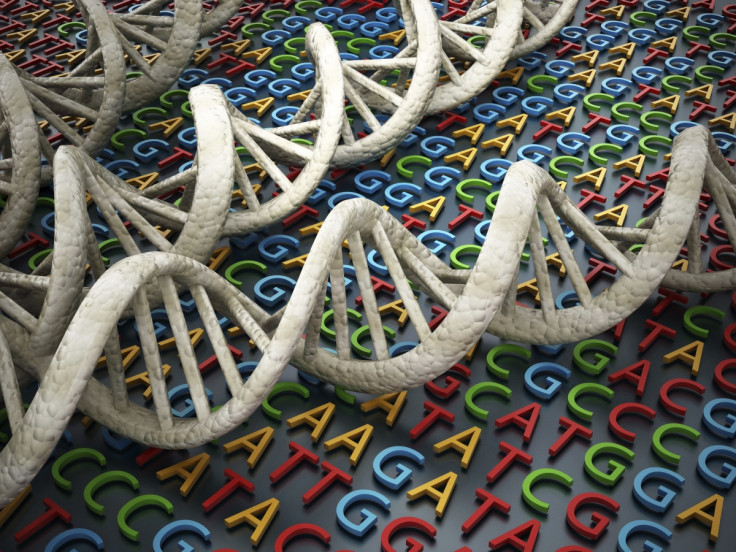Genetically edited self-destructing GMO crops could stop untweaked organisms from taking over
Offspring of these GMO species literally explode, killing off any unchecked species from growing in the wild.

Scientists have started work on GMO crops that die if they mate with other plants of the same type, thereby stopping unchecked plant hybrids from growing in the wild.
GMO crops have the potential to stave off diseases, increase production and even help with world hunger, but only as long as they are in controlled environments. In the wild, they can grow into species that are as yet unknown.
Scientists from the University of Minnesota, led by biologist Maciej Maselko, have come up with a radical method to stop this from happening, notes a report by Science Alert. His team at the BioTechnology Institute have created GMO plants that self-destruct after they mate.
"We want something that's going to be identical to the original in every way, except it's just genetically incompatible," Maselko explained to Nature, where the research was first published.
He said that the team came up with what they call "synthetic incompatibility" through which they hope to effectively control the reproduction of plants. It was described by the team as a "genetic barrier to sexual reproduction between otherwise compatible populations [by activating] lethal gene expression in hybrid offspring following undesired mating events".
To do this, the team turned to Clustered Regularly Interspaced Short Palindromic Repeats (Crispr) — the gene editing tool — and used it to alter gene expressions in the offspring produced through interbreeding between GMO and species in the wild.
"This approach is particularly valuable because we do not introduce any toxic genes," Maselko explains. "The genetic incompatibility results from genes already in the organism being turned on at the wrong place or time."
This turning on of the genes can be used to destructive effects. The team reportedly demonstrated synthetic incompatibility in yeast in 2017. After they reproduced, a protein called actin made the yeast offspring inflate till they blew up and died.
The team notes that synthetic incompatibility can be programmed into "virtually any sexually reproducing organism without changing how they are normally grown", including animals.
"Animal applications of SI [synthetic incompatibility] include genetic biocontrol of pest species, replacing disease vector populations with engineered non-vector organisms, preventing gene flow between genetically engineered fish or livestock and their non modified counterparts as well as the genetic bio containment of experimental systems such as gene-drives," the research report state.





















